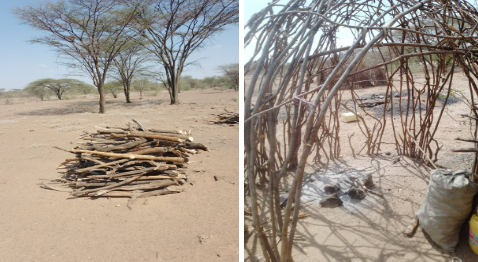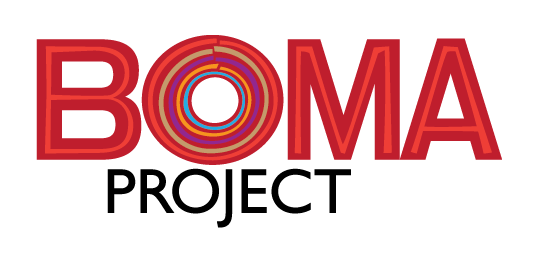Evaluating an Environmentally Focused Ultra-Poor Graduation Program in Kenya

Researchers are partnering with IPA Kenya and The BOMA Project to conduct a randomized evaluation to measure whether an environmentally focused ultra-poor graduation program improves households’ poverty, welfare, and engagement with the environment.
Research suggests that climate change has the potential to push nearly 40 million people in Sub-Saharan Africa into extreme poverty by 2030, underscoring the need to prioritize climate resilience in poverty reduction efforts. The BOMA Project operates the Rural Entrepreneurship Access Project (REAP) graduation program in Africa’s arid and semi-arid regions, providing households with financial and life skills training, mentorship, and contribution to savings groups to grow businesses. In response to increased droughts and floods in Northern Kenya, BOMA introduced an environmentally focused version of the program called Green REAP. In it, households launch green businesses, make linkages to green value chains and market actors, and engage in community conservation and sustainable resource management, among other activities.
Researchers are partnering with IPA and BOMA to conduct a randomized evaluation to measure Green REAP’s impact on households’ poverty and welfare outcomes and their engagement with the environment. They will also measure its cost-effectiveness relative to BOMA’s Standard REAP graduation program. A total of 105 forest communities in Marsabit, Samburu, and Turkana counties in northwest Kenya have been randomly assigned to either receive the Green REAP program, the Standard REAP program, or be part of a comparison group that will not receive any intervention.
Results will be available in 2026.
Sources
1. Jafino, Bramka Arga, Brian Walsh, Julie Rozenberg, and Stephane Hallegatte. 2020. “Revised estimates of the impact of climate change on extreme poverty by 2030.” World Bank Working Paper 9417, The World Bank Group, Washington, DC.
Implementing Partner

Funding Partner













